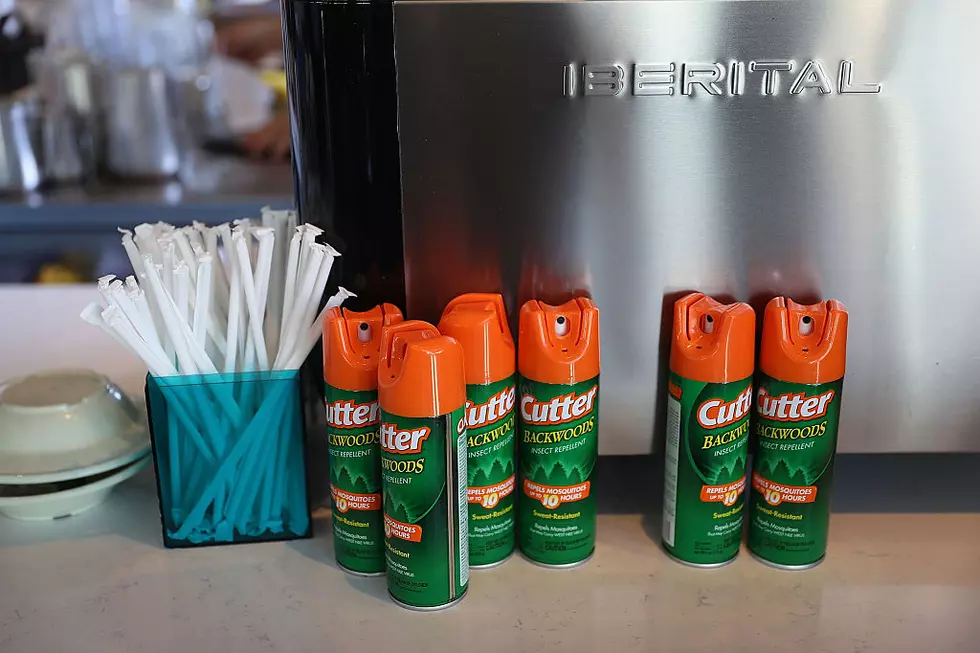
US approves GMO mosquito test, but no release imminent
MIAMI -- Federal authorities gave final approval Friday to a plan to release genetically modified mosquitoes in Florida, but none of the insects will be immediately dispatched in the state's fight against the spread of Zika.
After considering thousands of public comments, the U.S. Food and Drug Administration's Center for Veterinary Medicine concluded the proposal from biotech firm Oxitec to release its mosquitoes in an island neighborhood just north of Key West would not significantly affect the environment, according a statement from the agency.
The Centers for Disease Control and Prevention and the Environmental Protection Agency also contributed to the FDA's review. Local officials will hold a nonbinding vote on the proposal for Florida Keys residents in November.
The FDA approval came hours before Florida's Department of Health confirmed a new Zika infection within a 1-square-mile zone encompassing Miami's Wynwood neighborhood. That brings the state's tally of non-travel-related Zika cases to 16, in addition to 351 travel-related infections.
In the Keys, Oxitec would release nonbiting male Aedes aegypti mosquitoes modified with synthetic DNA to produce offspring that die outside a lab.
The Florida Keys Mosquito Control District approached Oxitec after a dengue outbreak in Key West ended in 2010. The district wants new ways to eradicate Aedes aegypti mosquitoes, which it considers a significant and expensive threat in the tourism-dependent island chain.
Brazil and the Cayman Islands are releasing Oxitec's insects as part of other mosquito control operations. The company, a subsidiary of Maryland-based Intrexon, also has tested the mosquitoes in Panama.
In separate projects overseen by the U.S. Department of Agriculture, Oxitec has tested genetically modified pink bollworms and diamondback moths to fight agricultural pests in the U.S.
Anti-GMO activists have criticized Oxitec for allowing the release of some modified female mosquitoes, which do bite humans. The company has said only a very small number of females are released, and no humans have reported any health problems from their bites.
Oxitec CEO Hadyn Perry said the FDA's approval of the field trial should lead to discussions about fast-tracking releases elsewhere during a public health crisis.
"The pathways that enable emergency use should be looked at because the crisis is here and now, and it would be an awful shame if we looked back in two or three years and say, `Why didn't we do this?"' Parry remarked in a conference call with reporters.
Oxitec promotes its technology as a chemical-free way to control mosquitoes and reduce the risks of Zika, dengue fever or chikungunya. In Miami this week, the head of the CDC credited aerial pesticide spraying with killing a significant number of mosquitoes in an arts district where Zika was apparently transmitted by insects on the U.S. mainland for the first time.
Zika is mainly spread by mosquitoes, as well as sex. Except for the 16 confirmed cases in the Miami area, the other 1,825 infections reported in the U.S. have been linked to travel to countries in Latin America or the Caribbean with Zika outbreaks.
(Copyright 2016 The Associated Press. All rights reserved. This material may not be published, broadcast, rewritten or redistributed.)
More From New Jersey 101.5 FM









